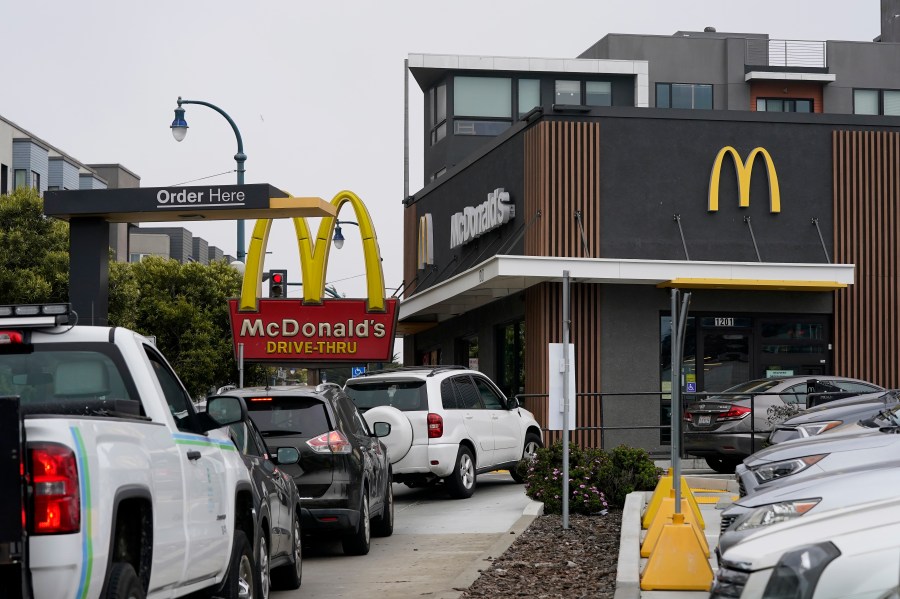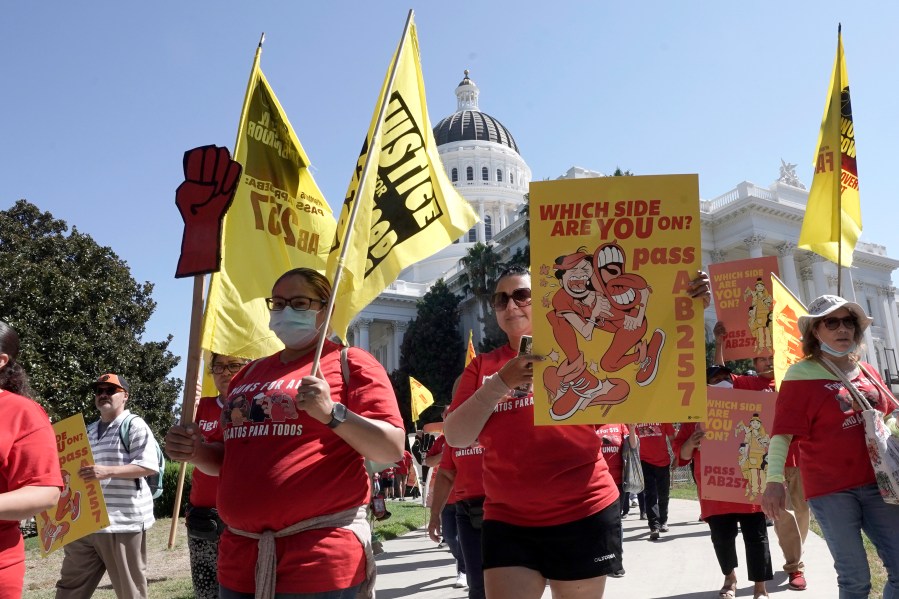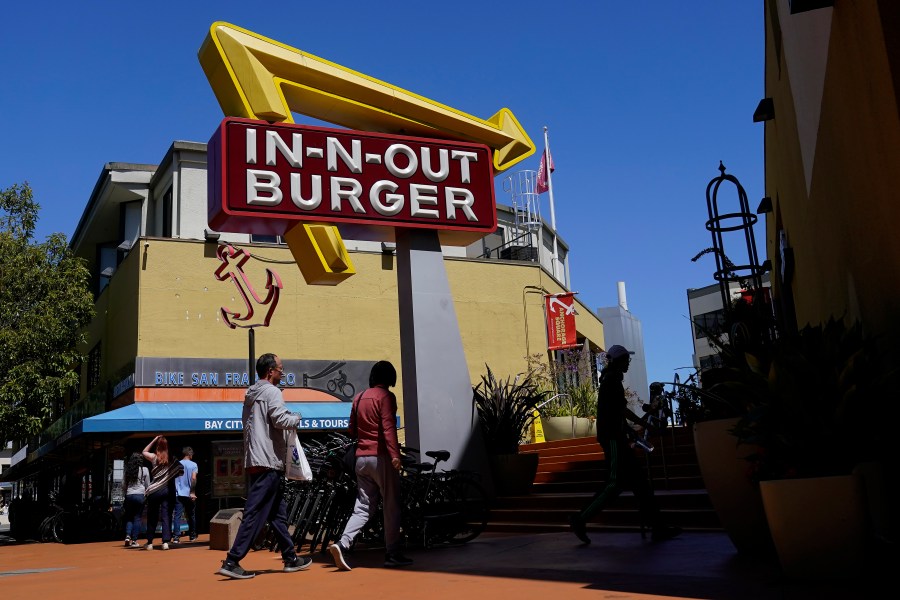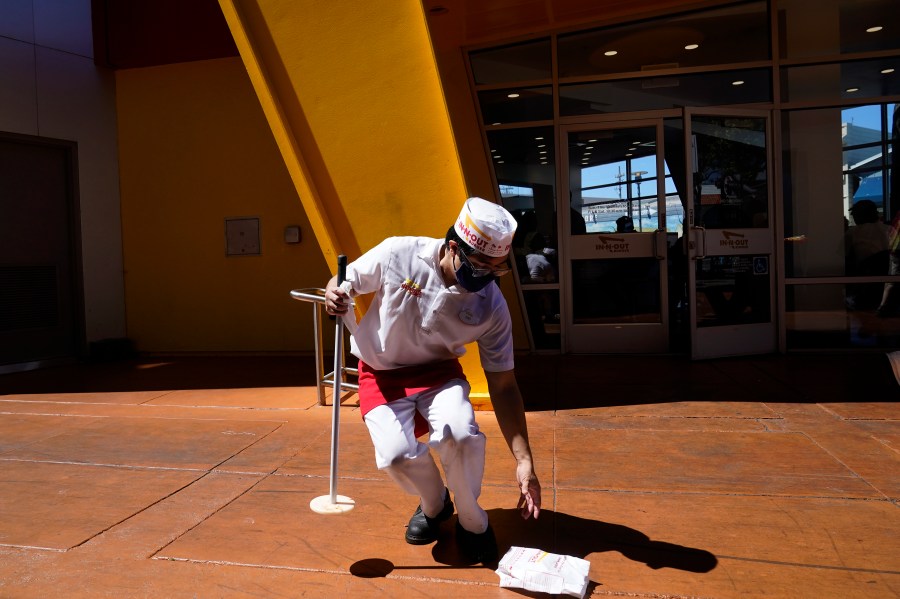SACRAMENTO, Calif. (NewsNation) — California’s State Senate approved a measure on Monday that would protect more than half a million fast-food employees.
The bill would enact the Fast Food Accountability and Standards Recovery Act, or FAST Recovery Act, which will create a fast-food council of 10 representatives, including an equal number of workers and employers as well as two state officials. The council will ensure equal authority over fast-food workers’ rights and rules concerning wages, training requirements, health and safety standards and more.
“We made history today,” said Service Employees International Union President Mary Kay Henry, calling it “a watershed moment.”
A late amendment would cap any minimum wage increase for fast-food workers at chains with more than 100 restaurants at $22 an hour next year, compared to the statewide minimum of $15.50 an hour, with cost of living increases thereafter.
“This legislation is a huge step forward for workers in California and all across the country,” she said as advocates offered it as a model for other states.
The Senate approved the measure on a 21-12 vote, over bipartisan opposition. Hours later, the Assembly sent it to Gov. Gavin Newsom on a final 41-16 vote, both chambers acting with no votes to spare.
The bill was first introduced back in January 2021.
Debate split along party lines, with Republicans opposed, although three Democratic senators voted against the measure and several did not vote.
“It’s innovative, it’s bringing industry and workers together at the table,” said Democratic Sen. Maria Elena Durazo, who carried the bill in the Senate. She called it a “very, very well-balanced method of addressing both the employers, the franchisees, as well as the workers.”
Almost every Republican senator spoke in opposition, including Sen. Brian Dahle, who also is the Republican nominee for governor in November.
“This is a stepping stone to unionize all these workers. At the end of the day, it’s going to drive up the cost of the products that they serve,” Dahle said. He added later: “There are no slaves that work for California businesses, period. You can quit any day you want and you can go get a job someplace else if you don’t like your employer.”
Restaurant owners and franchisers cited an analysis they commissioned by the UC Riverside Center for Economic Forecast and Development saying that the legislation would increase consumers’ costs. Newsom’s administration also fears the measure would create “a fragmented regulatory and legal environment.”
The debate has drawn attention nationwide, including on Capitol Hill where Democratic U.S. Rep. Ro Khanna has expressed hope it will trigger similar efforts elsewhere.
However, the bill isn’t a law yet. According to the New York Times, Newsom has until Sept. 30 to sign it into law. While Newsom hasn’t made his opinion on the bill public, the Wall Street Journal reported his Department of Finance opposed the original version.
The Associated Press contributed to this report.





